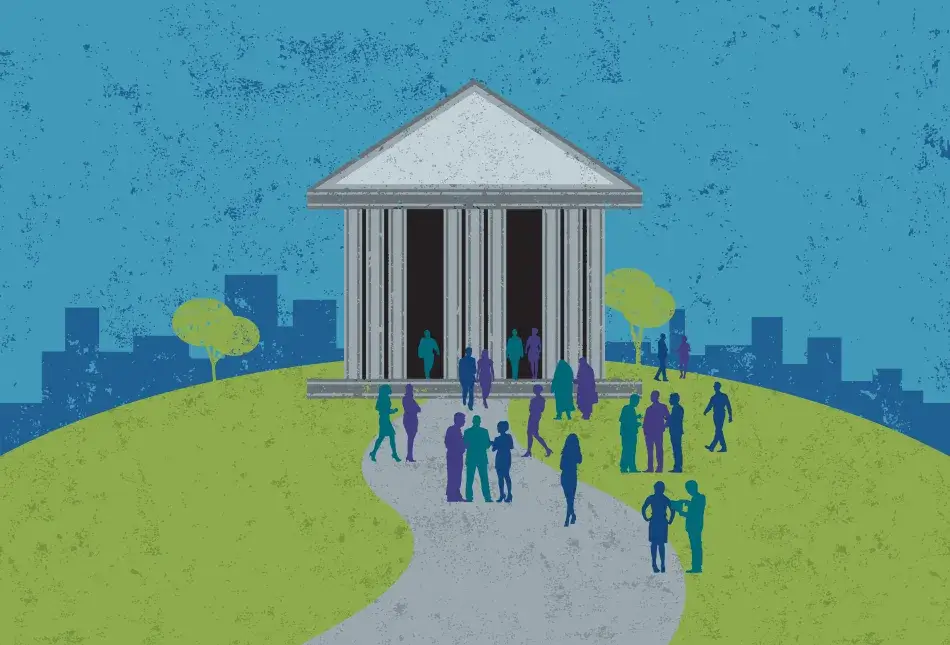From the President of the American Academy

The civil justice gap—the difference between the number of Americans who need civil legal assistance and the very few who receive help of any kind—has been widening for decades, especially for low-income Americans. One of the most significant challenges we face as we try to close this gap is the absence of basic, reliable national data about the people who need help most, the kinds of help they need, and the innovations and interventions that would be most beneficial. Measuring Civil Justice for All, a white paper of the American Academy’s Making Justice Accessible initiative, identifies the essential facts that should be collected about civil justice activity in the United States and the entities best placed to collect that information. It also describes a range of data access standards that would help to guide the use of civil justice data for administrative and research purposes.
The Academy conceived the Making Justice Accessible initiative in November 2015 during a two-day conference at its headquarters in Cambridge, Massachusetts. The conference brought together federal and state judges, lawyers, legal scholars, legal aid providers, officials from each level of government, and business leaders concerned about the state of legal services for poor and lowincome Americans. They gathered to explore the scope and consequences of inadequate access to civil justice.
Three related efforts grew out of the conference:
- the Winter 2019 issue of the Academy’s journal Dædalus on “Access to Justice”;
- Civil Justice for All, a report with recommendations for closing the civil justice gap; and
- this white paper, Measuring Civil Justice for All.
The Academy is grateful to the data project cochairs: John Mark Hansen, Charles L. Hutchinson Distinguished Service Professor at the University of Chicago, and Rebecca Sandefur, Professor at the School of Social and Family Dynamics at Arizona State University, and Faculty Fellow at the American Bar Foundation. We are also grateful to Erika Rickard, director of the Civil Legal System Modernization project at the Pew Charitable Trusts, for taking on a leadership role as the work progressed.
Very special thanks go to David M. Rubenstein, cofounder and coexecutive chairman of The Carlyle Group, who funded this project as an expression of his abiding faith in the future of American institutions.
Thanks as well to the Academy staff who made this work possible: John Tessitore and Natalia Carbullido, who shepherded the work for several years, and the publications team—Scott Raymond, Heather Struntz, and Peter Walton (with editorial assistance from Christopher Davey), led by Phyllis Bendell—who edited and published this paper.
As our Civil Justice for All report makes clear, “Equal justice is a right, not a privilege.” For too long, the civil justice gap has been allowed to widen. We hope that this report helps courts, legal services providers, and scholars gather the data necessary for an accurate assessment of the gap and potential remedies, so that every American, irrespective of income, will have access to legal advice and assistance when they need it most.
Sincerely,
David W. Oxtoby
President, American Academy of Arts and Sciences